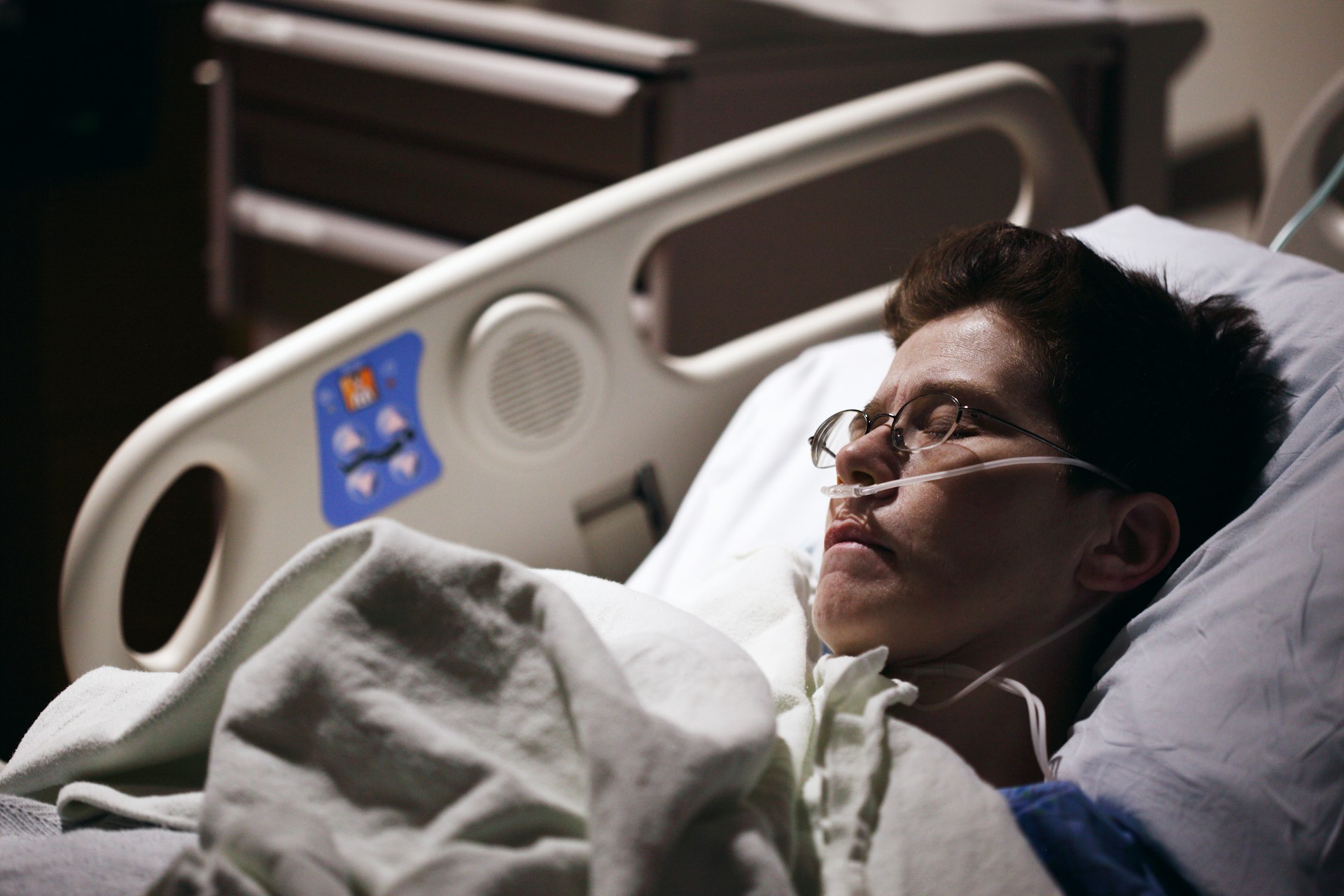A former CIA operative has come forward with alarming allegations, claiming that victims of the mysterious Havana Syndrome are now battling devastating health issues, including cancer, dementia, and Parkinson’s disease. The whistleblower accuses the government of a cover-up, stating that the CIA has betrayed its own personnel while denying the severity of their conditions.
Havana Syndrome and Its Troubling Legacy
Havana Syndrome, a term coined after U.S. diplomats in Cuba began experiencing unexplained symptoms in 2016, has been shrouded in mystery. Victims reported severe headaches, hearing loss, dizziness, and cognitive difficulties, with no definitive cause identified. Now, years later, the whistleblower alleges the condition has led to life-altering illnesses for many affected individuals.
The CIA whistleblower, speaking anonymously, stated, “The government is not just ignoring our suffering—they’re actively denying it. My friends’ lives are being destroyed, and no one is being held accountable.”
Reports suggest that while some progress has been made in diagnosing and treating these victims, many have been left without sufficient support. Advocacy groups have long criticized the lack of transparency and the government's hesitance to acknowledge the syndrome’s impact fully.
Accusations of a Government Cover-Up
The whistleblower’s claims of a cover-up have reignited debates over the government’s handling of Havana Syndrome cases. Critics argue that the CIA and other agencies have downplayed the severity of the condition to avoid political and financial liability.
“It’s not just negligence—it’s betrayal,” the whistleblower declared. “They know what’s happening, but they refuse to act. Instead, they’ve made it their mission to silence us.”
Advocates for Havana Syndrome victims demand immediate action, urging the government to provide comprehensive medical care and financial compensation for those suffering. Legislators have also called for an independent investigation into the whistleblower’s allegations.
Dr. Amanda Rivera, a neurologist specializing in unexplained brain injuries, emphasized the urgency of the situation. “If these claims are true, the government has an ethical responsibility to address them transparently and ensure victims receive the care they deserve.”
Public Reacts to Whistleblower’s Revelations
The allegations have sparked heated discussions on social media, with users expressing both outrage and disbelief. User @JusticeSeeker posted, “How many more lives have to be destroyed before the government takes this seriously? This is heartbreaking.” Similarly, @AccountabilityNow tweeted, “If the whistleblower’s claims are true, this is one of the most shameful cover-ups in U.S. history.”
Others were more skeptical. “Not buying it. Havana Syndrome has always seemed exaggerated,” wrote @RealTruthTeller. Meanwhile, @VictimAdvocate argued, “Even if some details are unclear, these victims need help. The government cannot ignore their suffering.”
Another user, @ExposeTheTruth, stated, “This whistleblower deserves protection. We need to know what’s really happening behind closed doors.” However, @HealthyDebate countered, “Let’s not jump to conclusions. We need evidence before accusing the CIA of such serious misconduct.”
What’s Next for Victims and the Government?
As pressure mounts, calls for an independent inquiry grow louder. Advocacy groups and medical professionals stress the need for immediate assistance for victims and greater accountability from the CIA and other government agencies. With these revelations, the future of Havana Syndrome cases remains uncertain, but public scrutiny could force long-overdue action.



 US Pushes Ukraine-Russia Peace Talks Before Summer Amid Escalating Attacks
US Pushes Ukraine-Russia Peace Talks Before Summer Amid Escalating Attacks  Debate over H-1B visas shines spotlight on US tech worker shortages
Debate over H-1B visas shines spotlight on US tech worker shortages  Federal Judge Restores Funding for Gateway Rail Tunnel Project
Federal Judge Restores Funding for Gateway Rail Tunnel Project  FDA Fast-Tracks Approval of Altria’s on! PLUS Nicotine Pouches Under New Pilot Program
FDA Fast-Tracks Approval of Altria’s on! PLUS Nicotine Pouches Under New Pilot Program  Neuren Pharmaceuticals Surges on U.S. Patent Win for Rare Disorder Drug
Neuren Pharmaceuticals Surges on U.S. Patent Win for Rare Disorder Drug  U.S. Vaccine Policy Shifts Under RFK Jr. Create Uncertainty for Pharma and Investors
U.S. Vaccine Policy Shifts Under RFK Jr. Create Uncertainty for Pharma and Investors  Astronomers have discovered another puzzling interstellar object − this third one is big, bright and fast
Astronomers have discovered another puzzling interstellar object − this third one is big, bright and fast  Pentagon Ends Military Education Programs With Harvard University
Pentagon Ends Military Education Programs With Harvard University  Sanofi to Acquire Dynavax in $2.2 Billion Deal to Strengthen Vaccines Portfolio
Sanofi to Acquire Dynavax in $2.2 Billion Deal to Strengthen Vaccines Portfolio  Columbia Student Mahmoud Khalil Fights Arrest as Deportation Case Moves to New Jersey
Columbia Student Mahmoud Khalil Fights Arrest as Deportation Case Moves to New Jersey  Eli Lilly and Novo Nordisk Battle for India’s Fast-Growing Obesity Drug Market
Eli Lilly and Novo Nordisk Battle for India’s Fast-Growing Obesity Drug Market  SpaceX Starship Test Flight Reaches New Heights but Ends in Setback
SpaceX Starship Test Flight Reaches New Heights but Ends in Setback  Trump Endorses Japan’s Sanae Takaichi Ahead of Crucial Election Amid Market and China Tensions
Trump Endorses Japan’s Sanae Takaichi Ahead of Crucial Election Amid Market and China Tensions  Trump Lifts 25% Tariff on Indian Goods in Strategic U.S.–India Trade and Energy Deal
Trump Lifts 25% Tariff on Indian Goods in Strategic U.S.–India Trade and Energy Deal  Yes, government influences wages – but not just in the way you might think
Yes, government influences wages – but not just in the way you might think 































